Edith Zinn-Collis
Zoltan Zinn-Collis
Edith was brought back to Ireland in 1946 with her brother Zoltan by Dr Bob Collis who reared them in his own home. Edith remained single and lived in Wicklow. Her brother Zoltan passed away in December 2012 and she passed three weeks later.
Zoltan was born in Czechoslovakia c.1940. He was transported to Ravensbruck and then to Bergen-Belsen with his sister and brothers. Zoltan was brought to Ireland in 1946 by Dr Bob Collis with his sister, Edith, who reared them in his own home. Zoltan took the Collis name. Zoltan passed away in 2012.
From Belsen to Ireland
Zoltan Zinn-Collis thinks he was born on 1 August 1940, although he is not certain of the date, in Kežmarok, Czechoslovakia. During the Nazis’ last purge of the Slovak Jews, Zoltan’s mother, a Hungarian Protestant, was given the chance to renounce her marriage to her Jewish husband. She refused and the whole family was rounded up and deported.
They were forced onto cattle trucks – Zoltan’s father in one compartment with the other men, the rest of the family in another – and transported to the concentration camp at Ravensbrück, Germany. On arrival, Zoltan’s father was sent to his death. The rest of the family was taken further west to Bergen-Belsen. Zoltan’s younger sister did not survive the journey.
When the British army liberated Bergen-Belsen in April 1945, Zoltan had been there for several months. The camp’s conditions by that time were extremely squalid; starvation and disease were rife. Zoltan had contracted tuberculosis of the spine. His mother, ill with typhoid, lost her life on the very day the British army entered the camp. Shortly after the liberation, Zoltan’s older brother Aladar also succumbed to the disease.
In the makeshift hospital constructed by the British army, Zoltan and his sister, Edith, began to regain their health. They became the favourites of an Irish Red Cross doctor, Bob Collis, who promised to take them home with him to Ireland. After a year’s recuperation in Sweden, Zoltan and Edith, along with four other orphaned children – Suszi and Tibor Molnar, Evelyn Schwartz, and Franz Berlin – arrived with Bob Collis in Dublin. The children spent some more time in convalescence at Fairy Hill Hospital, Howth, north of Dublin. The tuberculosis, however, caused severe damage to Zoltan’s spine and he never fully recovered.
Collis incorporated Zoltan and Edith into his own family and the Zinn children added the suffix “Collis” to their name. Living with the Collises, their time was divided between Bob’s house in Fitzwilliam Square, Dublin, and a country home in the Wicklow Mountains. Zoltan stayed in Ireland and spent his professional life working as a chef. He married Joan and lived in Athy, Co Kildare. Joan and Zoltan have four grown-up daughters, three grandchildren and two great grandchildren.
Zoltan passed away in December 2012 and Edith died three weeks later.
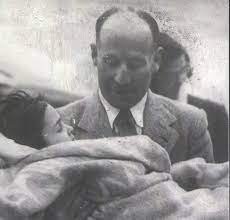
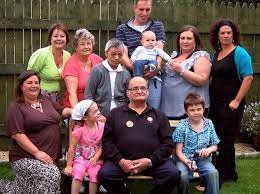
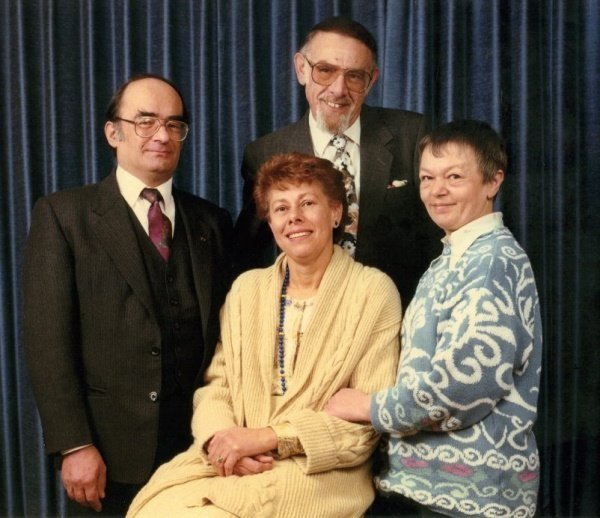
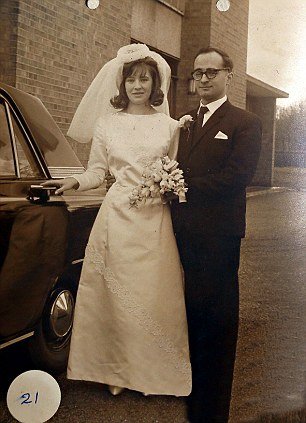
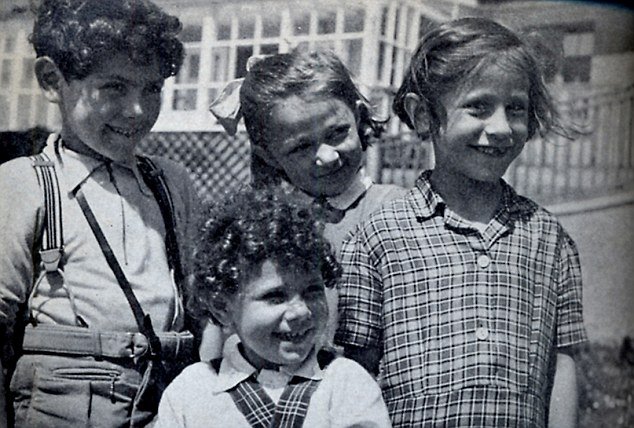
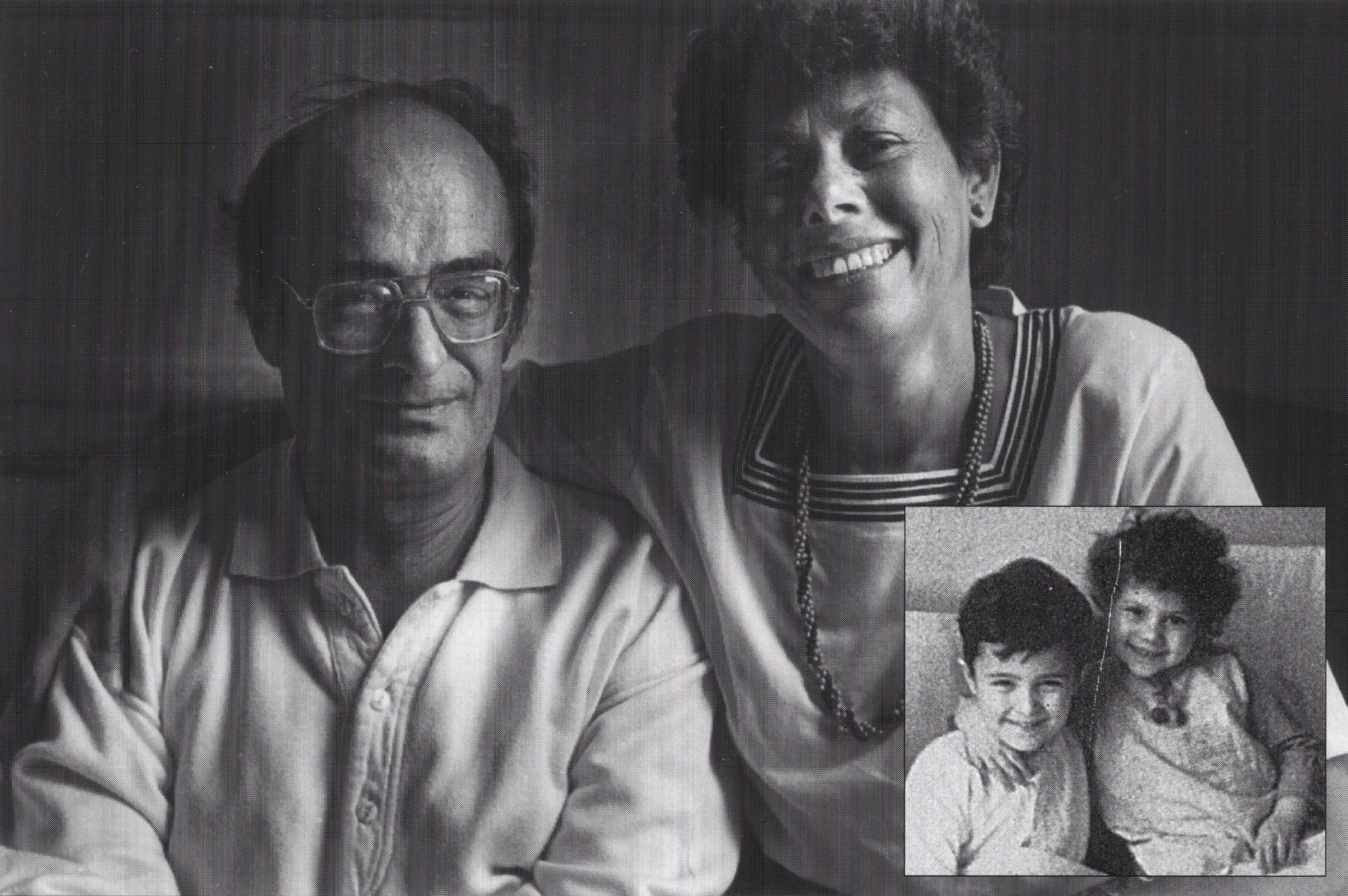
In Zoltan’s words
When they brought my father back to us we were all in the good room again – Mother, a coven of aunts, Uncle Peter, and Granny, of course. It was the same German commandant who had visited us before, and he was with one other guardist. My father was beaten and bloodied, limping painfully. When they dragged him in everyone gasped, and some of the aunts began to weep. Even though I was only four, I could see that there was deep pain in his eyes, which must have been both physical and mental.
The commandant no longer made any pretence at civility towards my mother. He became a beast, swearing and shouting at her and striking my father again. Whether or not this was for show, in front of the audience of his colleague and the assembled family, I do not know, but at that time it really did not matter to us. Aladar and I started to howl, and Edith tried desperately to hide behind Granny’s skirt.
Coldly, they told my mother what was happening. They had come to take us away. They ordered my mother to pack one bag for us all, which would be all we were allowed to bring. She did so and was back down in a few minutes. There were some very quick goodbyes. Then, my father made an effort to take charge. He tried to straighten his back, pick up the bag and lead his wife and frightened, shivering children out the door after the commandant. He was head of the family after all and, realising that he could not change what was to happen, he wanted to stand and be counted. I am proud of that memory. There were some good things that happened, even in this jumble of horrors.
However, with the beating he had received, he was not strong enough to carry the case. It fell to the ground and remained there – and as it fell, he winced with pain and shame. It is of little matter, though, that my father failed to lead us out of our house. The important thing to me is that he had mettle enough to make the attempt.
The Belsen Children
Suzi DIamond, Tomi Reichental and Zoltan-Zinn Collis speak about their experiences.
Final Witness
In 2006, Zoltan published this memoir recounting his childhood experience of the Holocaust. Final Witness recounts his testimony from his family’s imprisonment at Bergen-Belsen, his contraction of tuberculous at the camp and his journey from the camp to Ireland.
It is available to publish online and in a number of reputable booksellers.
